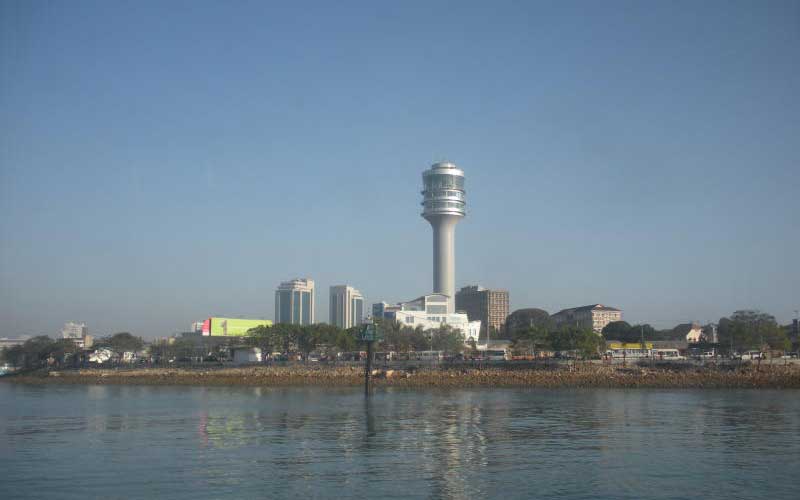×
The Standard e-Paper
Fearless, Trusted News

Tanzania said last week it was revoking licences from some exchange bureaus in the commercial capital Dar es Salaam, a day after the government banned a newspaper for using unofficial data on exchange rates.